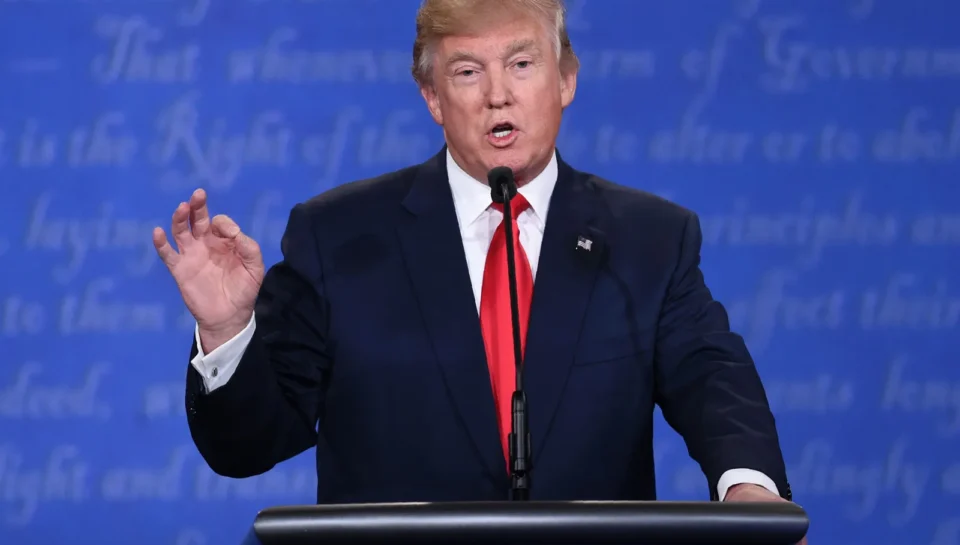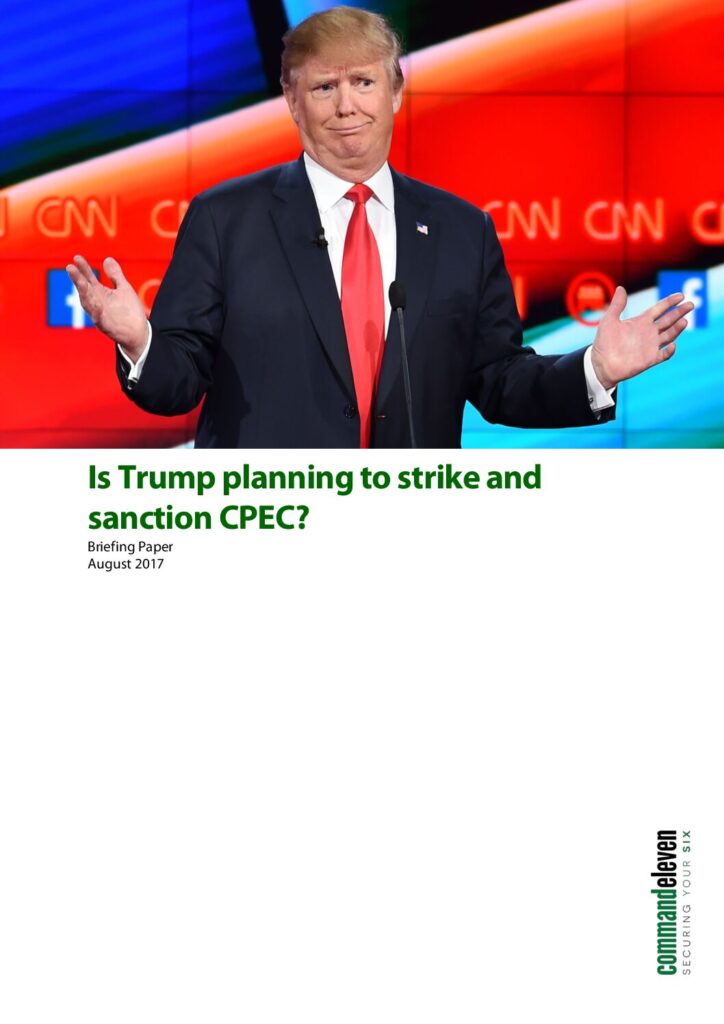Executive Summary
Trump’s recently enunciated “Afghan strategy” was really a thinly disguised declaration of the US’ Hybrid War on CPEC, making official what had already been ongoing for a couple of years now.
Washington isn’t just going to wage proxy war on the project via an intensification of the War on Afghanistan, however, as that’s in and of itself insufficient for accomplishing the US’ grand strategic goals against CPEC.
It’s indeed to the US’ interests that it wipes out the Taliban presence along the Afghan- Pakistani border and replaces it with India’s RAW-backed terrorist groups such as ISIS-K, but the trouble that this would cause for Islamabad wouldn’t be enough to influence, disrupt, and ultimately capture control of CPEC.
What’s needed, then, is a comprehensive strategy which applies all elements of American power, including the diplomatic, economic, and media ones.
The US has shown its hand and indicated that it is once again reviving the old and discredited trope that Pakistan is a “state sponsor of terrorism” and “provides safe havens for the Taliban”.
Buoyed by what will predictably be a forthcoming bevy of coordinated fake news reports and potential false flags, the US is planning “surgical anti-terrorist strikes” against Pakistan, which in turn will be used to promote the narrative that the country “isn’t doing enough to fight terrorism”.
Moreover, some of these attacks might take place along CPEC’s transit routes in northern Pakistan in order to send a clear message to China, though indirectly of course since the “official” reason for the bombings will be that “Taliban terrorists” were there.
From this orchestrated media-military campaign, the US will then have manufactured the “plausible” grounds for deploying its subsequent diplomatic-economic approach to the Hybrid War on CPEC by sanctioning Pakistan because of its “active and/or passive support of terrorism”.
The real reason, however, is that the US wants to continue diminishing the international attractiveness of CPEC, and if foreign (including Chinese) partners aren’t scared off by US drone strikes and Indian-supported terrorist attacks, then the threat of violating US sanctions might be enough to coerce them to give up their CPEC business plans.
It needs to be remembered at all times that the most efficient way for the US to influence, disrupt, and ultimately control CPEC is for its Hybrid War machinations to craft the perception — key word — that conducting business along the route is both unsafe and costly.



